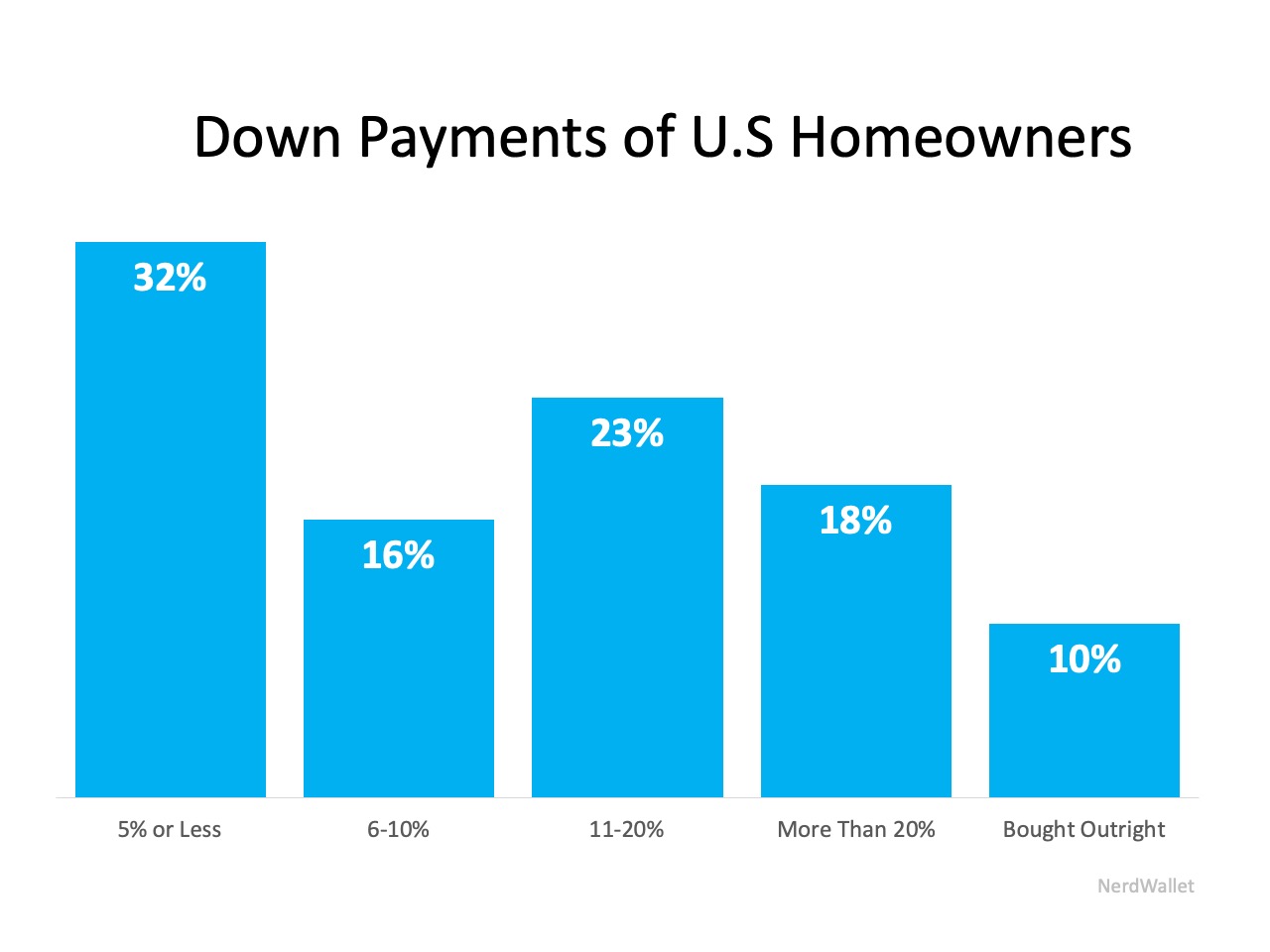You made an offer and it was accepted. Your next task is to have the home inspected prior to closing. Agents often recommend you make your offer contingent upon a clean home inspection.
This contingency allows you to renegotiate the price you offered for the home, ask the sellers to cover repairs, or in some cases, walk away if challenges arise. Your agent can advise you on the best course of action once the report is filed.
How to Choose an Inspector
Your agent will most likely have a short list of inspectors they’ve worked with in the past to recommend to you. HGTV suggests you consider the following five areas when choosing the right home inspector for you:
1. Qualifications – Find out what’s included in your inspection and if the age or location of your home may warrant specific certifications or specialties.
2. Sample Reports – Ask for a sample inspection report so you can review how thoroughly they will be inspecting your dream home. In most cases, the more detailed the report,
the better.
3. References – Do your homework. Ask for phone numbers and names of past clients who you can call to discuss their experiences.
4. Memberships – Not all inspectors belong to a national or state association of home inspectors, and membership in one of these groups should not be the only way to evaluate your choice. Membership in one of these organizations does, however, often mean continued training and education are required.
5. Errors and Omission Insurance – Find out what the liability of the inspector or inspection company is once the inspection is over. The inspector is only human, after all, and it is possible they might miss something they should see.
Ask your inspector if it’s okay for you to tag along during the inspection, so they can point out anything that should be addressed or fixed.
Don’t be surprised to see your inspector climbing on the roof or crawling around in the attic and on the floors. The job of the inspector is to protect your investment and find any issues with the home, including but not limited to: the roof, plumbing, electrical components, appliances, heating and air conditioning systems, ventilation, windows, fireplace and chimney, foundation, and so much more.
Bottom Line
They say, ‘ignorance is bliss,’ but not when investing your hard-earned money into a home of your own. Work with a professional you can trust to give you the most information possible, so you can make the most educated decision about your purchase.

 The lack of knowledge about the home-buying process is unfortunately keeping many motivated buyers on the sidelines.
The lack of knowledge about the home-buying process is unfortunately keeping many motivated buyers on the sidelines.


![4 Reasons to Sell This Fall [INFOGRAPHIC] | MyKCM](https://files.mykcm.com/2019/09/19104136/20190920-MEM-1046x808.jpg)

![Rent Vs. Own [INFOGRAPHIC] | MyKCM](https://files.mykcm.com/2019/08/07132307/20190809-MEM-1046x1210.jpg)